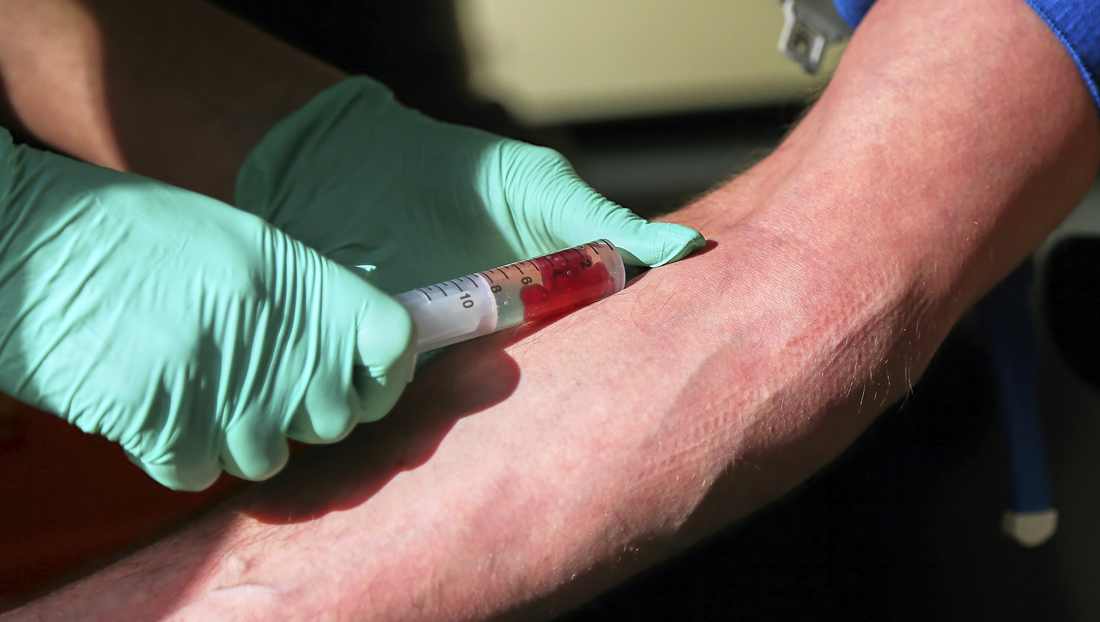
The ACNP place your important communication and communication connection between all elements of patient care of the acute and critically ill patients.
These highly skilled professionals operate in a broad assortment of configurations to give top excellent services to patients as part of strong, technical healthcare groups. The ACNP is educated to create difficult, life-altering decisions that are in the best interest of individuals, which makes it a challenging and fulfilling career path.
As their name suggests, acute care NPs work with individuals that undergo frequently abrupt, critical illnesses or accidents. SNPs do not just serve significant roles addressing urgent demands in intensive care units and emergency rooms, but they also adopt other responsibilities, from amassing detailed individual health histories to doing invasive procedures like placing central lines, doing lumbar punctures, or introducing intubation.
The ACNPC-AG certificate is a consensus model-based credential for graduate-level educated nurses.
In general, ACNPs play a critical part in the maintenance of chronic and acute illnesses and injuries. To find out more about the everyday responsibilities of the NP specialty, NursePractitionerSchools.com interviewed two seasoned ACNPs--including among the earliest professionals licensed in this area --and is thankful for their invaluable insights into the specialty.
Interviews with Two Outstanding Acute Care NPs
Please be aware that the subsequent interviews are edited for clarity and length.
One Nurse is currently the senior ACNP for its Critical Care Medicine Department in the National Institutes of Health at Bethesda, Maryland, in addition to a part-time educator at Georgetown University School of Nursing from the ACNP program. Throughout her 41 decades of critical care nursing practice, Ms. Munro has worked in numerous associations throughout the nation as well as finishing a long-term sentence on the national Board of Managers of AACN. She continues to work on innovative practice issues for your own company.
What's exceptional about the duties of acute care NPs in contrast to other specialties?
SNPs can make crucial decisions regarding care that could be life-threatening. Better patient results are guaranteed with this significant position since the ACNP concentrates on the particulars of care that could make a difference using an individual's course of treatment.
Please inform me about your medical surroundings (e.g., in which you operate ( with whom you collaborate, etc).
I collaborate with several attending physicians and critical care fellows, NP colleagues, nurses, physicians, and respiratory specialists, in addition to different main groups whose patients are now severely ill. These patients have been enrolled in study methods, and their remedy is quite complex, so conveying the strategy of attention is crucial.

Can you concentrate on a particular patient population?
Yes. My patient population is quite specific because I operate in a special research institution. My patients have been oncology and hematology patients that visit NIH because of their last opportunity for any kind of therapy. They're extremely immunocompromised and may have quite distinctive disease procedures.
I work 13-hour changes and begin the morning by assessing my patients and establishing the strategy of care. I present the individual's evaluation and strategy at morning rounds and document this strategy. I'll then prepare the surgical patients that are admitted to the ICU or other emergency admissions. I evaluate and establish the strategy of care for these patients and will introduce my patients in daily rounds to the on-call doctor. Throughout the day, I'll help with the coordination of care of different patients and function as the communication connection to the principal teams to make sure all facets of maintenance are clarified.
Which are the key legislative challenges for your ACNP community? How can other people help?
The key legislative challenge for the ACNP is understanding this function through the capacity to charge for those services. Reimbursement for solutions of healthcare providers is becoming more difficult, and ACNP Providers Will Need to be known for its major contributions the function could supply to ensure excellent patient results
Have you got some advice for others?
The ACNP position takes an enormous quantity of responsibility since at this point you decide the management of individual care. It's a really rewarding place as you see sufferers enhance but it can be a humbling encounter daily that pushes further learning and advancement of skills.
They spent a long time as a nurse before taking her very first flight with Summa Health Systems and"becoming hooked." She noticed that airport nurses have traveled to over 22 nations and around 42 U.S. countries to transfer patients by jet or helicopter.
What's exceptional about the duties of acute care NPs in contrast to other specialties?
Besides providing care for a flight nurse practitioner (certainly outside of hospital partitions!) I also offer care through telemedicine, helping hospitals, and long-term acute care facilities that don't have in-house essential care providers at nighttime. This may entail ordering additional testing and analysis, directing attention, and prescribing drugs. We associate with all the bedside nurse to assess the patient and supply optimum care. We deliver both our nursing abilities as well as our innovative medical expertise, consolidating the best of both worlds to take care of our patients.
Which are the key legislative challenges for your ACNP community? How can other people help?
Presently, not all countries have complete practice jurisdiction, meaning practicing to the fullest extent of education and training. Some states mandate an arrangement with a doctor for an ACNP to the clinic, or they've cumbersome formularies limiting what a nurse practitioner may prescribe. The nurse practitioner has to know about these constraints to practice over the regulations of the condition. Should they hold work and licenses in numerous nations, they have to know about the gaps in each. States are currently considering reciprocity among countries to reduce this confusion and help NPs whose region crosses state lines. Once an NP relocates, they might face delays in getting licensure as a result of unique requirements and limitations in practice and prescriptive authority in their prior condition.
Have you got some advice for others?
After the first national certification test for ACNPs became available in 1995, there weren't many details concerning the part. I sat for this very first examination along with five other people from our town. A lot of these very same doctors become our main fans after when we had been looking at credentialing inside the hospital programs. We were the very first in our geographical region to develop the function. Together with both of us being"experienced" RNs, we understood exactly what patients wanted and understood that the impediments to care. We saw the individual more. We walked right into a function that wasn't pre-formed, but instead one which we can mold to provide care for your individual.
My advice would be to participate with your health program's complex practice committee/department and credentialing committee. Know exactly what is happening. Be active in your nation's nurse practitioner business. They're your main supporter of you and everything you do to your licensure. Be involved with your federal organizations like AACN and AANP. They'll encourage you on the federal level.
Recognizing the Significance of ACNPs
It's evident from these interviews that functioning as an ACNP means making decisions that are critical to providing excellent patient care. Since the reach of the ACNP role has increased, so too have the health settings where ACNPs most commonly clinic. Whereas the extreme care tag once implemented largely to physicians who worked in hospitals, nowadays acute care nurse practitioners work in more varied settings, such as:
In final, the ACNPs interviewed for this particular attribute touched two major (and interrelated) struggles in their livelihood being able to charge for services and attaining full clinic authority. In the first stage, Ms. Munro said that "The key legislative obstacle for the ACNP is understanding of this function through the capacity to charge for those services which the ACNP provides". As it stands, both ACNPs along with other APRNs aren't able to charge directly for services in most countries and possess changeable disbursement procedures. These rules are complex and may result in confusion among patients, health care providers, and insurance companies. These convoluted billing regulations are linked to the problem of practice jurisdiction, "Currently not all countries have complete practice jurisdiction, meaning practicing into the fullest extent of the education and training. Some states mandate an arrangement with a doctor for an ACNP to the clinic, or they've cumbersome formularies limiting what a nurse practitioner may prescribe."

Leave Comment Below
0 Comment(s)